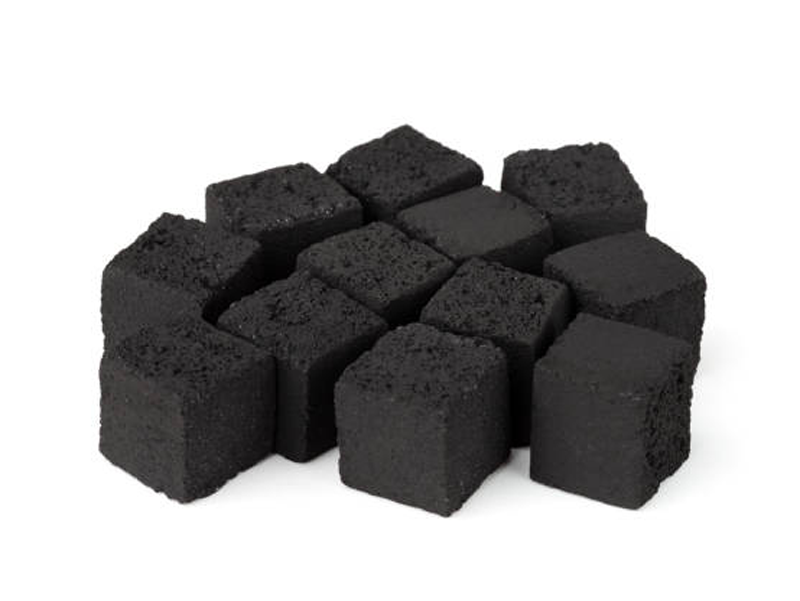The global agricultural and forestry industries are vital to our existence, providing food, fuel, and essential building materials. However, these industries also generate a significant amount of waste – straw, stalks, leaves, branches, and other organic materials. Traditionally, this waste has been burned in open fields, releasing harmful pollutants and contributing to air pollution. Landfills are another option, but they take up valuable space and create methane, a potent greenhouse gas.
The world needs innovative solutions to manage this ever-growing problem. Enter Beston Group, a company that is pioneering a promising approach: carbonization. This article explores the challenges of agricultural and forestry waste, the benefits of carbonization, and how Beston Group is turning waste into a valuable resource with charcoal machine for sale.
Challenge: Mountains of Waste
The sheer volume of agricultural and forestry waste is staggering. According to a report by the Food and Agriculture Organization (FAO), the global production of agricultural residues alone amounts to billions of tons annually. This waste not only takes up valuable land but also presents a significant logistical challenge.
Traditional disposal methods like open burning and landfilling come with serious drawbacks. Open burning releases harmful pollutants like particulate matter and volatile organic compounds (VOCs) that contribute to respiratory illnesses and smog. Landfills, while seemingly more controlled, have their own issues. Overcrowded landfills generate methane, a potent greenhouse gas 25 times more potent than carbon dioxide at trapping heat in the atmosphere.
These disposal methods not only harm the environment but also represent a missed opportunity. Agricultural and forestry waste is a valuable resource rich in organic carbon. Finding ways to effectively utilize this waste can be a game-changer for sustainability.
Solution: Carbonization
Carbonization plant, also known as biochar production equipment, offers a promising alternative to traditional waste disposal methods. It involves heating organic material in an oxygen-limited environment. This process breaks down the material and converts it into a stable, carbon-rich substance called biochar.
Biochar offers a multitude of benefits:
- Reduced Emissions: Carbonization captures the carbon contained in the waste material, preventing its release into the atmosphere as CO2. This translates to a significant reduction in greenhouse gas emissions, contributing to the fight against climate change.
- Soil Enhancement: Biochar can be applied to soil, improving its fertility and water retention capacity. This can lead to increased crop yields and reduced reliance on chemical fertilizers. Biochar’s porous structure provides a haven for beneficial microbes in the soil, fostering a healthy and productive ecosystem.
- Renewable Fuel Source: Biochar can be used as a substitute for coal in electricity generation, providing a renewable and cleaner source of energy. This not only reduces dependence on fossil fuels but also minimizes air pollution associated with coal-fired power plants.
- Waste Reduction: By converting waste into a usable product, carbonization significantly reduces the volume of material needing disposal in landfills. This frees up valuable land space and lessens the environmental impact of overflowing landfills.
Beston Group: A Leader in Carbonization Technology
Beston Group is at the forefront of developing and implementing carbonization solutions for agricultural and forestry waste. They offer a range of technologies and services to help businesses and organizations convert their waste into valuable biochar.

Here’s a closer look at what Beston Group offers:
- Customized Carbonization Systems: Beston Group designs and manufactures carbonization equipment tailored to the specific needs of each client. These systems can handle a variety of feedstocks, such as crop residues, woodchips, and even animal manure. They can also cater to different processing capacities, ensuring scalability for businesses of all sizes.
- Efficient Processes: Beston Group utilizes innovative technologies to optimize carbonization processes. This ensures high biochar yields while minimizing energy consumption and emissions. For instance, they may implement heat recovery systems to capture waste heat and use it to preheat incoming feedstock, reducing overall energy requirements.
- Sustainability Focus: Beston Group prioritizes sustainability throughout its operations. They use renewable energy sources like solar or biomass to power their systems whenever possible. Additionally, they promote responsible waste management practices by encouraging clients to source their feedstock sustainably.
- Comrehensive Solutions: Beston Group offers comprehensive solutions, from initial project planning and installation to ongoing maintenance and support. This ensures a smooth and successful transition to carbonization for their clients. They provide expert guidance on feedstock selection, system operation, and biochar application, empowering clients to maximize the benefits of this technology.